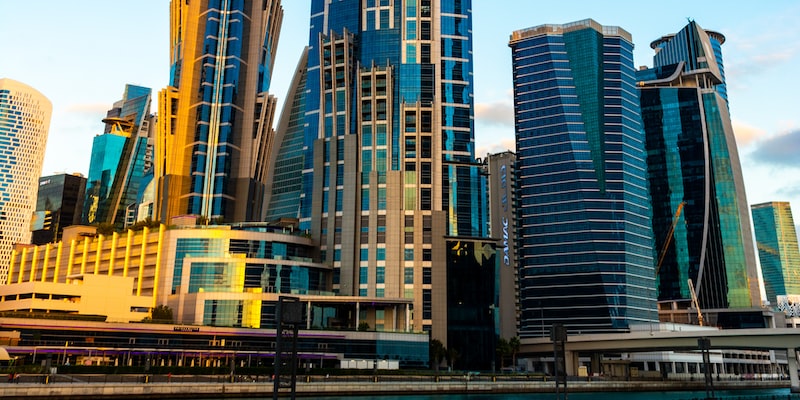
The Suez Canal is one of the world’s most important shipping routes, connecting the Mediterranean and Red seas. Since its official opening in 1869, the canal has been a major source of trade and economic growth for the region, and for many countries around the world. But who exactly owns the Suez Canal?
The Suez Canal was initially built by the French engineer Ferdinand de Lesseps, who had received permission from the Ottoman Empire in 1854. The canal was officially opened in November 1869 and was originally owned by the Suez Canal Company. The company was initially owned by the Egyptian government, but in 1875 the Egyptian government sold its shares to the British, who then held the majority of the shares. This was followed by a period of joint Egyptian-British ownership of the canal, and in 1888 the British government purchased the remaining shares from the Egyptian government, making them the sole owners of the canal.
However, the canal was nationalized in 1956 by the Egyptian government after the Suez Crisis. This led to an international dispute between the United Kingdom, France and Israel, who had invaded the region in an attempt to regain control of the canal. Eventually, the canal was returned to Egyptian ownership and has been managed by the Suez Canal Authority ever since.
Today, the Suez Canal is still owned by the Egyptian government and managed by the Suez Canal Authority. The canal is a major source of revenue for Egypt, and is an essential shipping route for many countries around the world.
The Suez Canal is a major resource for international trade and travel, connecting the Mediterranean Sea and the Red Sea. As such, it has great political significance for the countries who own it or have access to it.
The Suez Canal is owned by the Egyptian government and operates under the authority of the Suez Canal Authority (SCA). The SCA is responsible for the maintenance and management of the canal, and it is supported financially by tolls collected from ships that pass through it. This financial support is essential for the Egyptian government, as the revenue generated from the canal helps fund numerous public projects and services throughout the country.
The Suez Canal is a strategic asset for many countries, as it provides a vital shipping route between Europe and Asia. It is also a major source of income for Egypt, as it provides the country with an estimated $5 billion a year in revenue. This makes the canal an important political tool, as it gives Egypt a lot of leverage in international relations.
The Suez Canal has been a source of tension between Egypt and other countries in the region. In the past, various countries have sought to control the canal, resulting in numerous disputes and wars. This has led to a great deal of political instability in the region, and to this day, the ownership of the Suez Canal remains a sensitive issue.
The ownership of the Suez Canal is a major political issue for many countries in the region, and it is likely to remain so for the foreseeable future. While the canal is currently owned by Egypt, its ownership could change if international relations shift or if a new power emerges in the region. As such, it is important for all countries involved to take steps to ensure that the canal remains a source of stability and prosperity in the region.
The Suez Canal is an essential waterway connecting the Mediterranean Sea to the Red Sea. It's a crucial shipping route for many of the world's major powers, and its ownership has been a source of contention for centuries. Today, the Suez Canal is owned and operated by the Suez Canal Authority (SCA), a government-owned company in Egypt.
The SCA was established in 1956, shortly after Egypt gained control of the Suez Canal from France and Britain. The SCA is responsible for the maintenance and operation of the canal, and it has the power to regulate the traffic that passes through it. It also collects tolls from vessels that use the canal, and this money is used to fund the SCA's operations. The SCA is also responsible for developing and expanding the canal, as well as providing security to ensure its safe passage.
The Suez Canal is an incredibly important economic and strategic asset for Egypt and the world. It provides a crucial shipping route between Europe, Africa, and Asia, and it is used by millions of vessels each year. The canal is also a major source of revenue for Egypt, providing much-needed funds for the country's economy.
The Suez Canal's ownership and operation is a complex issue, with many stakeholders involved. While the SCA is the official owner and operator of the Suez Canal, other countries, such as the United States, have a vested interest in its operation. Ultimately, the Suez Canal is an essential resource for international trade, and its ownership is of great importance to the global economy.